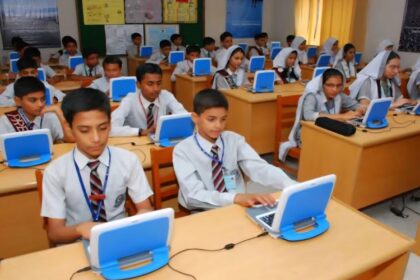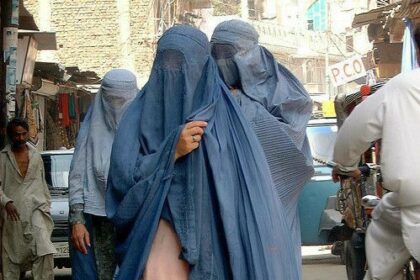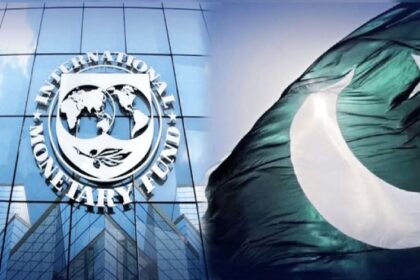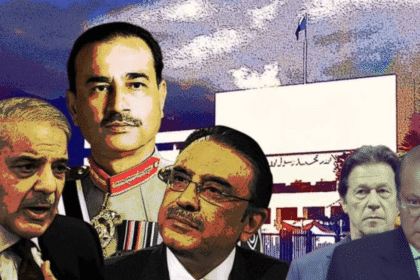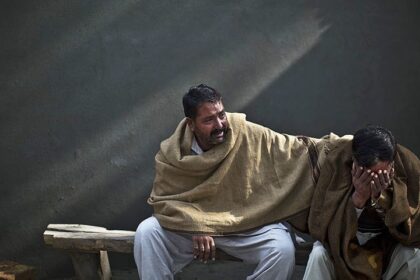The Pakistan People’s Party and the Pakistan Muslim League Nawaz (PMLN) have had a love-hate working relationship for many years. Over the years, these parties have influenced governance and controlled the political landscape of the country. Following the 2024 general election, both have joined hands to create a coalition government. However, with the recent developments and increasing predictions of escalating hostilities between the two, the public is left to wonder: How long will the alliance last?
The latest controversy arose when members of the Pakistan People’s Party began to criticise the policies formed by the PML-N openly. According to the sources, the central and the provincial leadership of the party had been given the go-ahead to critique the PML-N’s governance in Punjab and at the centre.
While criticising the establishment of the Pakistan Maritime and Sea Port Authority without any consultation with the PPP or the provincial governments, the PPP spokesperson, Shazia Marri, issued an explicit caution to the PML-N, warning that continuing to ignore the ruling coalition’s main ally on crucial national matters could lead to the collapse of the PML-N-led federal government.

The PPP spokesperson did not mince her words while stating that the PPP, as a federal government ally, may unexpectedly pull the rug from underneath the PML-N’s feet.
“Neither the Sindh government nor the PPP were taken into confidence on this decision,” Marri said.
“The day we withdraw our support, this government will no longer stand. Perhaps the PML-N does not fully realise this,” she added.
In the words of Ms. Marri, her party has also been calling for the Council of Common Interests (CCI), which hasn’t met in eleven months, to convene. She stated that the prime minister was ‘constitutionally bound to convene a meeting of the Council of Common Interests within three months’ and that ‘the Constitution is being constantly and openly violated.’
PPP Chairman Bilawal Bhutto-Zardari has condemned internet limitations as an attempt at censorship, which has further strained relations.

The post-election partnership, which sought to maintain a sense of stability in an already volatile political environment, is the source of the PPP’s complaints. However, there have been numerous disagreements throughout the collaboration, with the PPP claiming that the PML-N is not giving it the due space in Punjab, nor consulting it on important matters.
The developing mistrust was exacerbated during a recent PPP meeting, where, according to an official PPP statement, senior officials expressed discontent with the federal government’s progress on its obligations. Despite several discussions and pledges from the Deputy Prime Minister, Ishaq Dar, the PPP still had no confidence in the PML-N to resolve its concerns.
While the PML-N downplays tensions, the PPP’s outspoken opposition demonstrates that all is not well between the two parties. Political observers say that the PPP’s approach is intended to put pressure on the PML-N government for the implementation of a more inclusive decision-making process.
Last year, the PPP only had a symbolic presence in the National Assembly’s budget session since the ruling party failed to address the party’s financial concerns. The meagre participation in the budget session came only when Deputy Prime Minister Dar hurried to Bilawal’s chamber and requested that the party attend the session.

However, the PPP chairman sent only three of his MNAs—Naveed Qamar, Khursheed Shah, and Ijaz Jakhrani—to represent the party at the session, believing that the PML-N had not only broken its post-election pact but had also begun to take the PPP lightly. Since then, both sides have attempted to resolve their problems but have been unable to maintain a harmonious relationship.
Though the PPP has threatened to withdraw its support on several occasions, the party is yet to do so, citing a desire to avoid making a decision that could lead to increased political and economic upheaval.

Apparently, the PPP’s tolerance is wearing out, but political analysts believe it will be unable to make a choice until important stakeholders decide to shift the equation on the political chessboard.
Despite their disagreements, commentators believe that the presence of a common foe—Imran Khan—will push them to collaborate in order to retain the current arrangement with the support of the establishment, which is critical in keeping this improbable coalition together.







